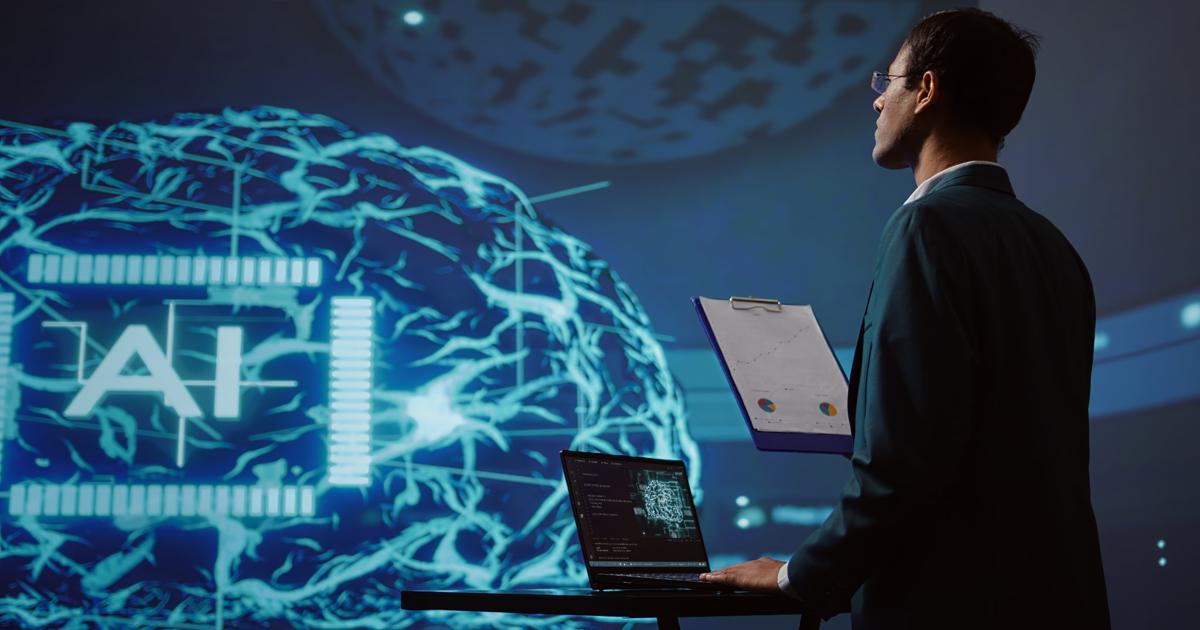Friday, October 11th 2024
Balancing Excitement and Fear: How AI and Automation Are Transforming HR Teams

The Emotional Benefits of Automation in HR
On the positive side, AI and automation bring significant emotional relief to HR professionals by liberating them from repetitive administrative work. Tasks like analyzing employee comments in surveys, payroll management, or reviewing resumes—traditionally time-consuming and often tedious—can now be handled by machines. This creates space for HR teams to engage in more meaningful work, like fostering employee well-being, improving workplace culture, and engaging in strategic planning.
A major emotional uplift comes from the enhanced decision-making power AI provides. AI tools offer insights that might not be visible through manual data analysis. By using machine learning algorithms, HR professionals can uncover patterns in employee engagement, identify factors contributing to turnover, or even predict potential risks. For HR teams, this expanded capability means they are no longer reliant solely on intuition or time-consuming processes to make data-backed decisions. AI provides them with information that boosts confidence, helping them feel more empowered in their roles.
The Fears AI Brings to the HR World
However, along with these emotional positives come concerns. One common fear HR professionals express is the reliability of AI tools. While AI can analyze vast amounts of data quickly, there is always concern about whether the algorithms accurately capture the nuances of human behavior. Human emotions, workplace dynamics, and individual experiences can be incredibly complex. Trusting an algorithm to assess something as intricate as employee engagement or satisfaction can be unsettling. The fear of relying too heavily on technology that may not fully understand the emotional and psychological aspects of work is a source of anxiety for many in the HR field.
Additionally, there is apprehension about losing control. HR professionals have traditionally relied on personal judgment and experience to make decisions that impact people. The introduction of AI tools often means handing over some level of control to automated systems. This shift can be emotionally difficult for those who have built their careers around personal insight and human interaction. The idea of relying on machines to make or inform key decisions can lead to fears about their ability to maintain their professional influence and authority.
Perhaps the most significant fear is the concern over job security. As AI tools take over more administrative and analytical tasks, many HR professionals worry about being replaced. There is a growing concern that their value will diminish in the face of automation, leading to feelings of insecurity and uncertainty about their future roles. This fear is exacerbated by the rapid pace of technological advancement, which leaves HR professionals wondering how to stay relevant in an increasingly automated world.
The Future of AI and Automation in HR: Collaboration, Not Replacement
Despite these fears, it’s essential to recognize that AI and automation are not going away. In fact, their presence in HR is accelerating. HR teams and leaders must embrace this reality by working together to implement these technologies in a way that alleviates concerns. By involving HR professionals in the adoption process and providing them with the necessary training, organizations can help ease the transition and foster a positive mindset toward AI.
Rather than seeing AI as a threat, HR professionals should view it as a tool that enhances their capabilities. Automation doesn’t eliminate the need for human involvement in HR—it shifts the focus from administrative work to higher-level strategic tasks. Those who become skilled in using AI and automation will be in high demand, as organizations increasingly seek professionals who can leverage these tools to improve employee engagement, morale, and retention.
Ultimately, the emotional positives of AI in HR far outweigh the negatives when managed correctly. By automating low-value tasks and providing new insights, AI allows HR teams to focus on what they do best—nurturing a positive, productive workforce. It’s essential for HR professionals to see this technological shift not as a loss of control, but as an opportunity to enhance their role within the organization.
Conclusion
As we move into the future, the use of AI and automation in HR will continue to grow. For HR professionals, this means learning to work with these groundbreaking tools rather than against them. The fear of being replaced by technology is valid but can be mitigated by embracing the opportunities AI offers to elevate the human role in HR. Those who adapt to and become proficient in these technologies will thrive, while those resistant to change may find it harder to keep up.
The key takeaway is that AI and automation are not about replacement—they’re about collaboration. HR leaders need to ensure that their teams feel supported, valued, and ready to work alongside these new technologies. By doing so, they can create a positive, forward-thinking environment where AI enhances, rather than diminishes, the human element of HR.
Recent blog posts

